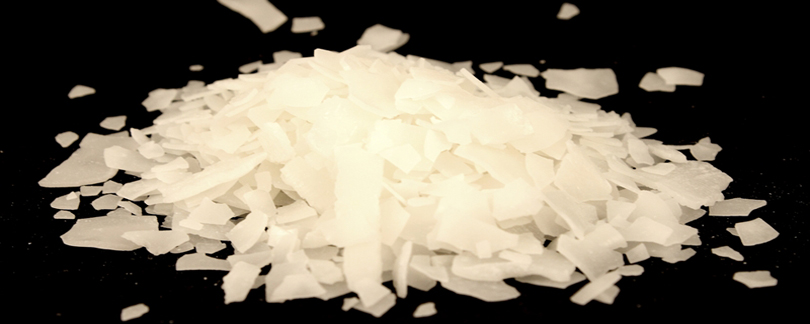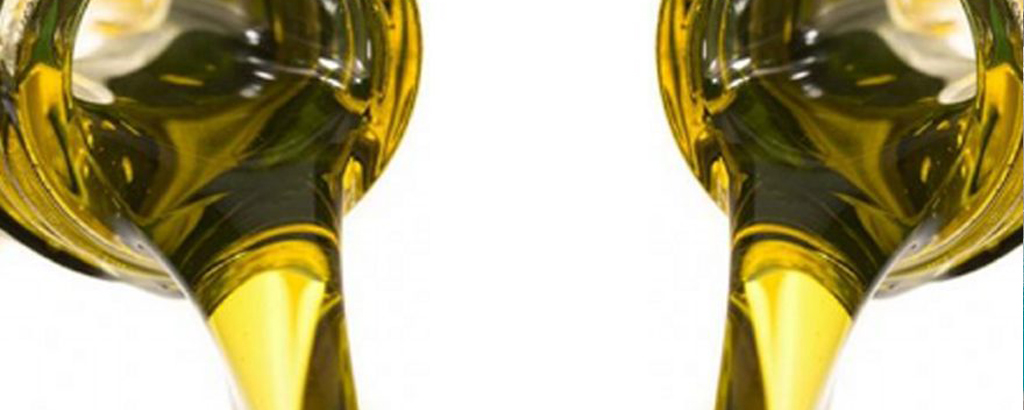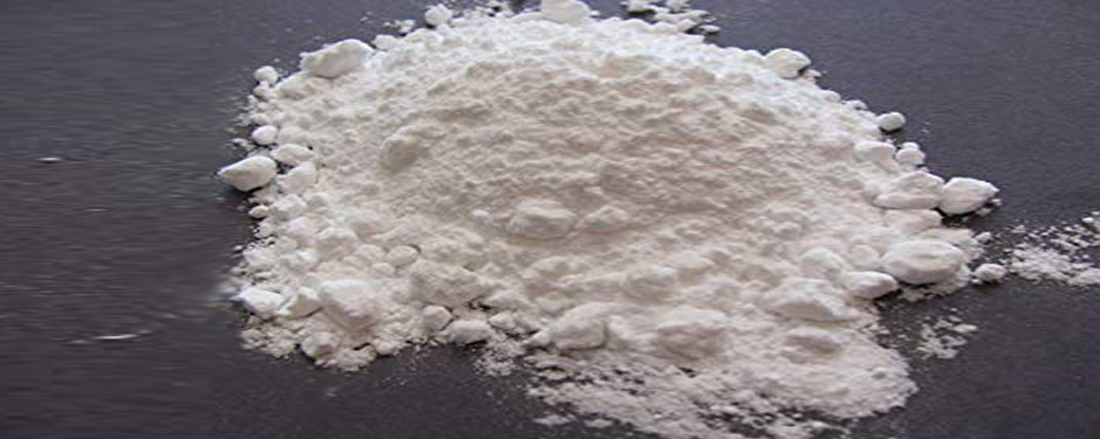POPSO BUFFER FOR BIOCHEMISTRY
Biological Buffers are used to prepare exclusive solutions that aid in various biochemical processes, wherein a significant change in pH can lead to harmful reaction in molecular structure, biological activity and functions. Buffer systems are aqueous systems that resist changes in pH, as an acid or base is added.
Buffer preparation is a common process in chemistry and biochemistry laboratories. A buffer solution is a mixture of a weak acid and its conjugate base or a weak base and its conjugate acid. Buffer solutions are used to help maintain a stable pH value of another solution that is mixed with the buffer.
A buffer is a solution that can resist pH change upon the addition of an acidic or basic components. It is able to neutralize small amounts of added acid or base, thus maintaining the pH of the solution relatively stable. This is important for processes and/or reactions which require specific and stable pH ranges.
Buffer solutions resist a change in pH when small amounts of a strong acid or a strong base are added (Figure 1). A solution of acetic acid and sodium acetate (CH3COOH + CH3COONa) is an example of a buffer that consists of a weak acid and its salt.








